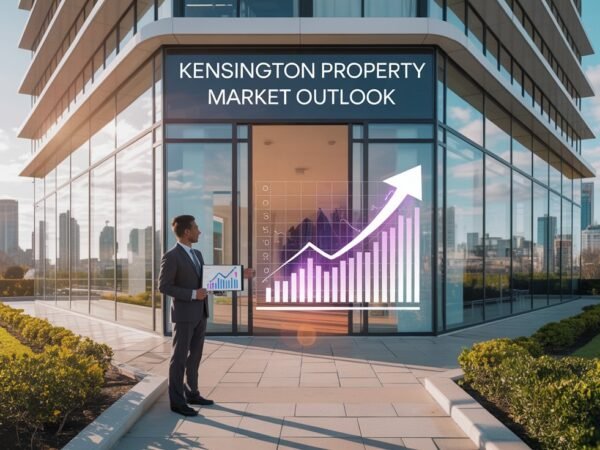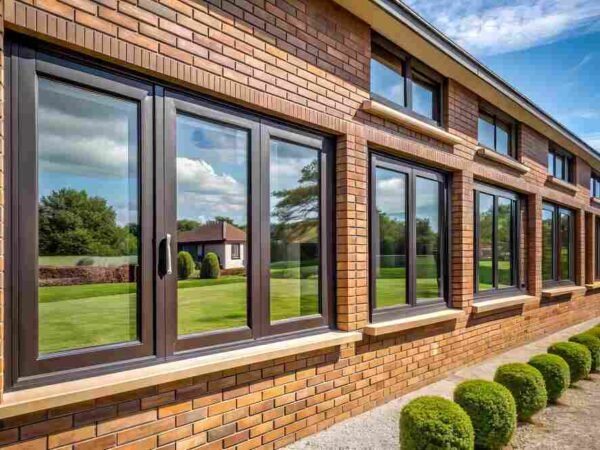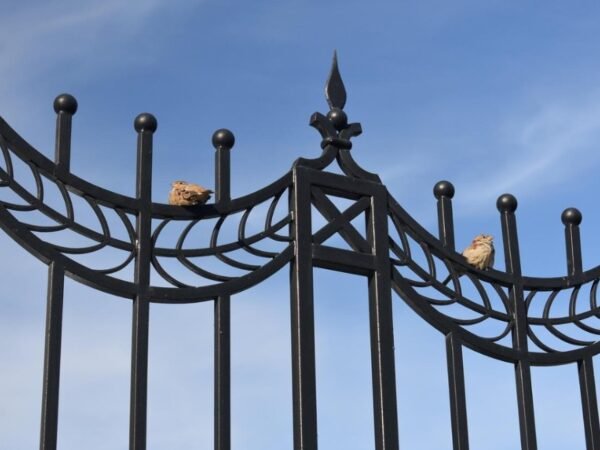Trusted estate agents in Walthamstow say if you’re considering purchasing a leasehold property, it’s essential to understand what you’re getting into and what potential pitfalls to watch out for. Here are the key things you need to consider before committing to a leasehold property.
1. Length of the Lease
One of the most critical factors to check when buying a leasehold property is the length of the remaining lease. Most leaseholds start with terms of 99, 125, or 999 years, but the number of years left on the lease will impact the property’s value and your ability to sell it in the future.
Short Leases: A lease with less than 80 years remaining is considered short. Short leases can significantly affect the property’s value and may make it harder to secure a mortgage, as lenders are often wary of properties with diminishing lease terms.
Extending the Lease: If the lease is below 80 years, you might want to consider extending it. However, extending a lease can be costly, especially as it involves paying a premium. Generally, you can apply to extend the lease by 90 years, but it’s essential to be aware of the costs and the process involved.
Tip: Always aim to buy a property with at least 90-100 years left on the lease. This provides flexibility and helps maintain the property’s value over time.
2. Ground Rent and Service Charges
When buying a leasehold property, you will likely have to pay ground rent and service charges. These costs can vary widely, so it’s vital to understand them before making a decision.
Ground Rent: This is an annual fee paid to the freeholder (the person or company that owns the land). Some older leases may have nominal ground rents, while newer developments might include clauses allowing for ground rent increases over time. Be cautious of leases with doubling ground rent clauses, as these can make the property unaffordable in the long run.
Service Charges: Service charges cover the maintenance of communal areas, building insurance, and repairs. Review the service charge history for the property to get an idea of how much you can expect to pay annually.
Tip: Always ask the seller or estate agent for a breakdown of the current ground rent and service charges, and find out if there are any upcoming major works or planned increases.
3. Management and Freeholder Details
The freeholder or the managing agent plays a crucial role in the upkeep of the property. Their responsibilities include maintaining communal areas, ensuring repairs are carried out, and managing the building’s insurance. Knowing who manages the property is important, as a poorly managed building can lead to deterioration and increased service charges.
Managing Agents: If the building is managed by an external agency, research their reputation. Speak to current residents, if possible, to understand how efficient and responsive the managing agent is.
Resident Management Companies: Some buildings have a residents’ management company (RMC) that oversees the maintenance and management of the building. This arrangement can give leaseholders more control over how the building is managed and how funds are spent.
Tip: Check if there have been any disputes between leaseholders and the freeholder or managing agent. This can indicate potential issues you might face as a new owner.
4. Leaseholder Responsibilities and Restrictions
As a leaseholder, you’ll have certain responsibilities and be subject to specific restrictions outlined in the lease agreement. It’s crucial to read the lease terms thoroughly to avoid surprises after purchasing the property.
Maintenance and Repairs: The lease will usually specify which parts of the property you are responsible for maintaining. Typically, leaseholders are responsible for internal repairs, while the freeholder manages the exterior and communal areas.
Restrictions: Many lease agreements include restrictions, such as prohibiting subletting, keeping pets, or making structural changes without the freeholder’s consent. Make sure you’re comfortable with these restrictions, as they can impact how you use the property.
Tip: Have a solicitor review the lease thoroughly and explain any restrictions or obligations. This will help you understand your rights and responsibilities before you commit to the purchase.
5. The Process of Lease Extension
If the lease is relatively short (usually under 90 years), you might need to extend it to maintain the property’s value and make it more attractive to future buyers. However, the lease extension process can be complex and costly.
Eligibility: Generally, you can apply for a lease extension if you’ve owned the property for at least two years. The extension typically adds 90 years to the existing lease and reduces ground rent to a peppercorn (effectively zero).
Cost: The cost of extending a lease depends on the current value of the property, the ground rent, and the number of years remaining on the lease. Professional valuation and legal fees will also add to the cost.
Tip: If the lease is short, you can negotiate with the seller to either extend the lease as part of the sale or reduce the asking price to account for the extension cost. This can make the purchase more financially viable.
Final Thoughts:
Buying a leasehold property can be an excellent investment, but it requires careful consideration and due diligence. From the length of the lease and ground rent to management details and potential restrictions, understanding the intricacies of leasehold ownership is essential to avoid future complications. By keeping these key factors in mind and seeking professional advice, you can make an informed decision and enjoy your leasehold property with confidence.













